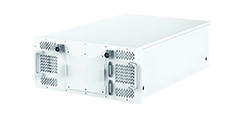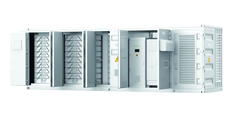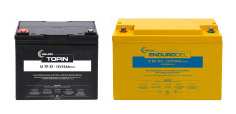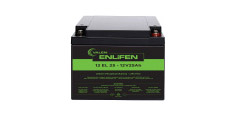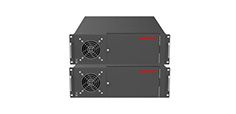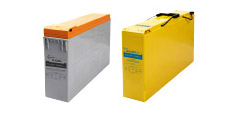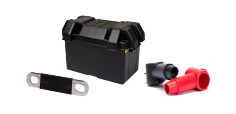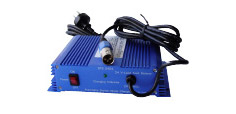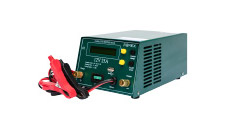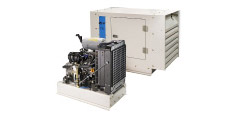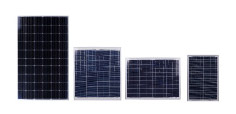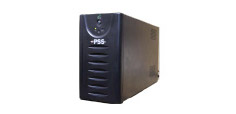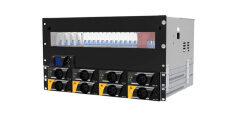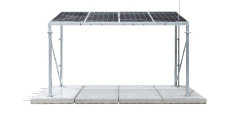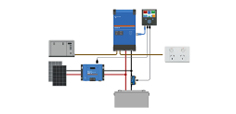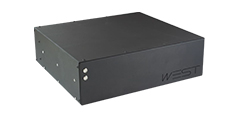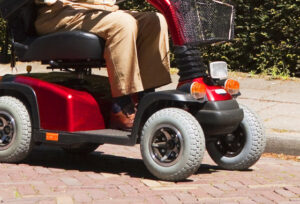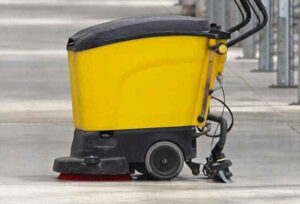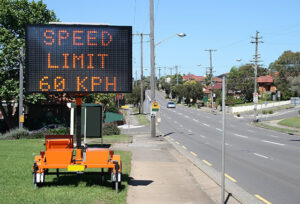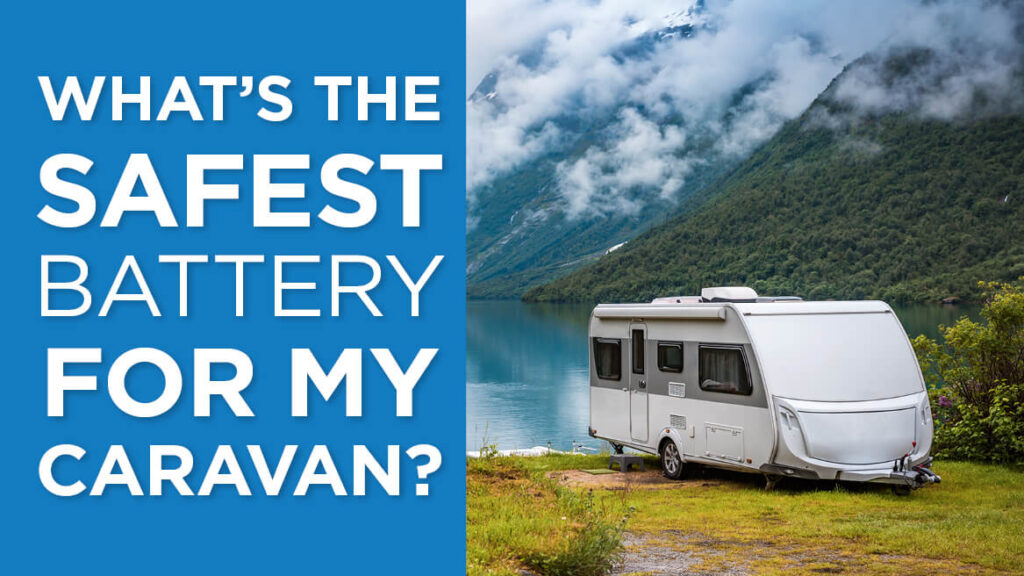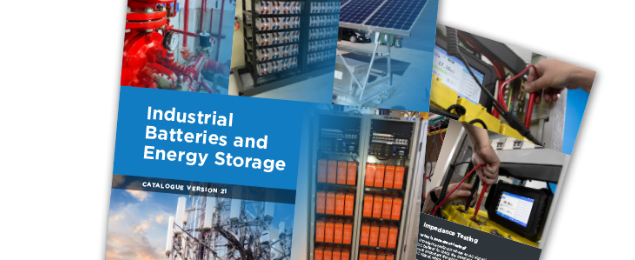What’s the Safest Battery for my Caravan, RV or Camper trailer? Choosing an auxiliary battery for your Recreational vehicle depends on what you plan to use the battery for and how long.
The Valen team explores the various battery technologies and their pros and cons for the recreational vehicle market in this blog.
Wet-cell Batteries
Wet-cell or vehicle cranking batteries are ideal and designed for starting the vehicle. However, they are not essentially the correct choice for the second auxiliary battery.
A starter or wet-cell battery is not safe in an enclosed area due to battery ventilation and will gas and release these gases into the air. These gases can be highly flammable.
Acid spillage is also an issue from these battery types as they are a Wet-cell and must be stored in an upright position.
VRLA Batteries
AGM and Gel VRLA (Valve Regulated Lead Acid) batteries, also known as Sealed Lead Acid, are often used for Recreational vehicle applications.
Again, these batteries must be externally ventilated or installed in a ventilated compartment on the vehicle as, although they are sealed, there is a slight emission of gas while charging. However, these batteries are maintenance-free and do not need servicing.
Front Terminal Batteries
Front terminal battery configuration can be preferred by some users, providing them with a slim battery solution. VRLA batteries are a weightier but economical option.
Bear in mind, when utilising VRLA battery power for your Recreational vehicle, the battery must be fully charged after use and regularly cycled to maintain its ability.
Lithium Batteries
As the world evolves towards lithium battery power, lithium batteries are becoming the go-to choice for many industries, including the recreational vehicle industry, where they are utilised for auxiliary battery power.
Lithium batteries do not need external ventilation as they do not release any gasses.
They are lighter, and as you can discharge a Lithium battery much further, they have more capacity in the same size, albeit more expensive than a lead-acid battery.
One of the other advantages of Lithium batteries for recreational vehicles is their fast recharge and discharge times, meaning less time spent waiting for the battery to charge and the ability to run higher current appliances.
Lithium batteries also have a more extended service and shelf life than any VRLA battery.
Lithium batteries with an internal BMS also have short-circuit and over-voltage protection, meaning they are a safer alternative for the less experienced user.
Do you have more technical questions on batteries?
Need more clarity around your specific system requirements? the Valen team are here to support you. With customer service being one of our core values, we go above and beyond for our clients.
Get in touch with the Valen Team Today!



